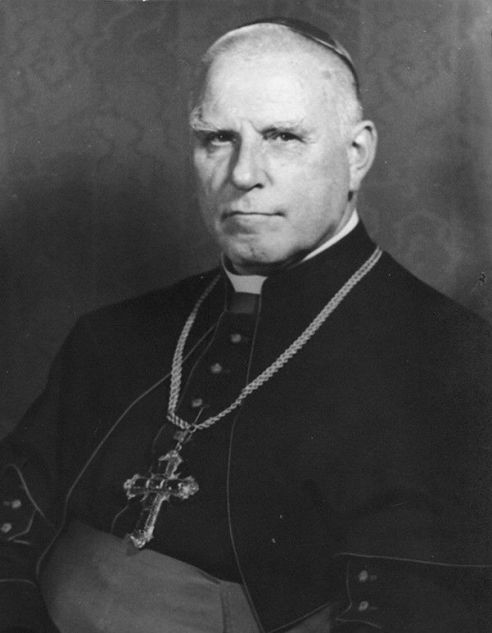Clemens August von Galen, one of the most influential church hierarchs in Germany, became well-known for his anti-Nazi preaching even amid the most dangerous times for German Catholics. Bishop von Galen was called “The Lion of Münster” (“Der Löwe von Münster”) for his fearlessness.
He was brave enough to disagree with the Nazi policy of destroying “unproductive” members of the national community, in particular - via the so-called “T-4 programme” to euthanise the mentally ill. He said: “If one is allowed to forcibly remove one's unproductive fellow human beings then woe betide loyal soldiers who return to the homeland seriously disabled, as cripples, as invalids. If it is once accepted that people have the right to kill 'unproductive' fellow humans - and even if initially it only affects the poor, defenceless mentally ill - then as a matter of principle, murder is permitted for all unproductive people, for us all when we become old, frail and therefore unproductive.”
The stubborn bishop irritated the Nazis, who loathed him. Martin Bormann demanded his death. However, Joseph Goebbels, Reich Minister of Propaganda, was opposed to this idea, unwilling to make von Galen into a martyr in the eyes of Catholics both in Germany and throughout the world.
Von Galen, however, wasn’t against everything the Nazis did. He expressed extreme right-wing views and approved of the war against the “godless” Soviet Union. On 14 September 1941, he delivered a sermon supporting the “campaign against the Bolshevik disease”. In 1945 he criticized the Allied states for bombing German cities and for transferring East Prussia to the Soviet Union.
On 18 February 1946, von Galen was ordained and made a cardinal but died a few days after his return from Rome.
In January 2005, Pope John Paul II made the decision to beatify von Galen. This was done in October 2005 under Pope Benedict XVI.
Source:
“Gestapo Chief: The 1948 Interrogation of Heinrich Müller” by Gregory Douglas
























